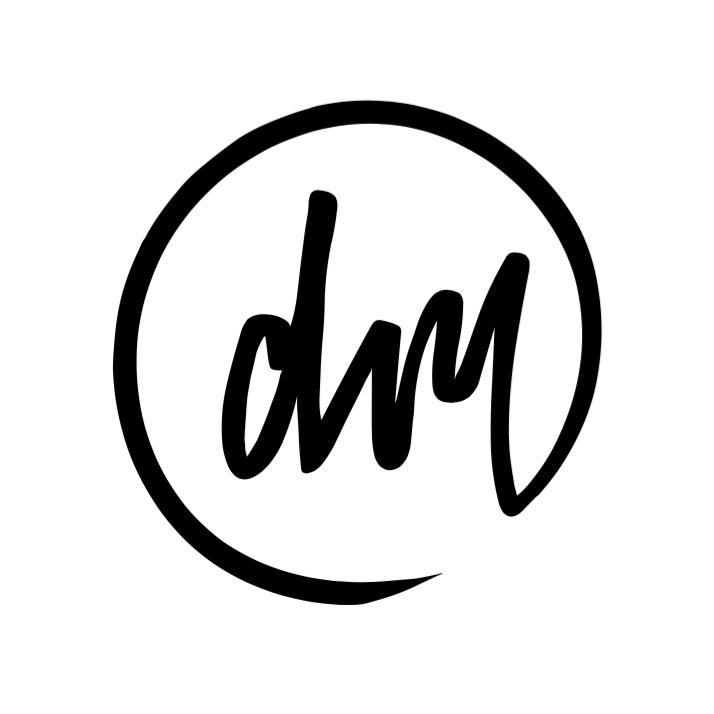If you can master the art of getting traffic from Google, you’ll build foundations that’ll keep customers coming to your website month after month. However most small businesses think it’s either too competitive or too expensive. In this article I’m going to show you how to steadily grow your organic traffic, and make sure your paid clicks are profitable.
How to actually get good rankings on Google
SEO (or Search Engine Optimisation) has a bad name. It’s seen by many as a dark-art, with no specific route to success. Google are perceived to constantly move the goalposts, so how do you succeed in such a grey area?
The reality is, gaining organic traffic from Google is a marathon not a sprint. There’s no secret formula or magic links that will catapult you onto page one overnight. All Google want to do is provide the very best results to its users. They judge this by the quality of the content, and the quality of links pointing to that content.
Therefore, your first task is to produce content that’s worthy of top spot. Look at who currently ranks first for your desired keyword, and analyse what they’re doing – all you have to do is do it better.
If your competitor has 1000 words of content, you write 2000. If they compare the top 10 products in your market, you compare the top 20. If they showcase images, you create a video. Go above and beyond, and give Google a reason to rank you first.
Capsicum Media looked at across Google search results and found the ideal average content length can be anywhere from 2,000-2,500+ words.
Interestingly, a study by serpIQ found that the average length of content that ranked first on Google was 2,500 words. This is what you should aim for on your key pages.
Of course creating valuable content is a great start, but you actually have to promote it. This means reaching out to related people and websites in your field and encouraging them to link to you.
As a rule of thumb, the easier a link is to obtain, the less value it will have; so put the groundwork in. The majority of people won’t link to you just because you ask them. You have to give them something in return that’s of value to them. The most tried and tested method for this is guest blogging. This deserves a whole article in itself, so instead take a look at the work of top SEO professionals like Neil Patel and Matthew Woodward.













